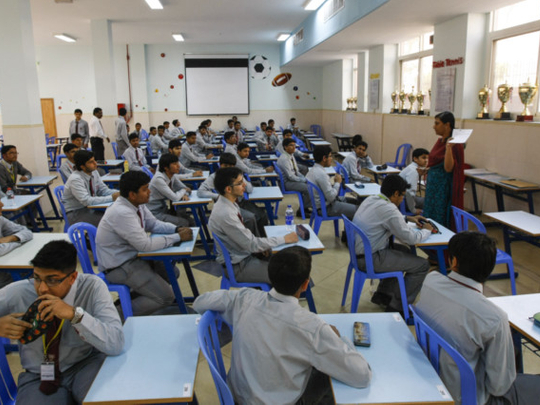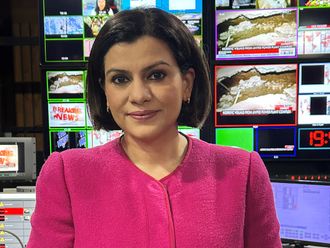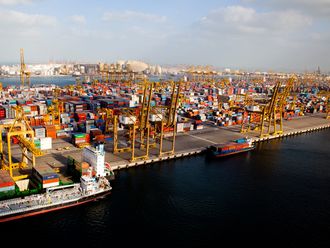
The education, training and skills development of a nation’s population form an important pillar of any economic structure. Without a doubt, having a highly talented, skilled and productive workforce helps drive socio-economic growth and prosperity. It is also a key factor in reinforcing the competitiveness of a nation, especially in today’s ever-changing, globalisd world.
The importance of education has never been more apparent than now, in an age when attaining socio-economic progress is closely linked to a country’s ability to harness the power of knowledge creation and of advanced technological innovations.
Making effective use of knowledge for economic and social development is at the heart of an information-based economic framework. According to the World Bank, utilising information includes adapting and creating knowledge in order to meet the specific needs of a state. Based on this definition, we can see how crucial it is to promote a culture of research and development (R&D) in academia. Upgrading the education system to be more responsive to rapid technological advances is also important for a country to attain global competitiveness. Amidst a globalisation that has led in part to the emergence of a knowledge economy, demand for higher levels of competencies is now at its peak. One of the best ways to address this need is to improve the education system.
In the Arab region, the common vision of establishing a knowledge-based economy and society has resulted in mounting calls for world-class manpower skills.
Saudi Arabia, the UAE, Qatar, Morocco, Tunisia and Jordan are some of the Arab states that have rolled out their respective initiatives and policies to encourage the rise of a ‘knowledge generation’. Their efforts include modernising the education system and strengthening R&D programmes. The UAE, in particular, is at the forefront of reforming the industry to increase the productivity and competitiveness of Emiratis.
Almost two-thirds of UAE nationals are aged 24 and younger, while two-fifths are below the age of 15. This high proportion of young people is one of the nation’s greatest assets and is crucial to the country’s future competitiveness. Recognising this, the government incorporated in its national agenda, the UAE Vision 2021, the importance of establishing a first-rate education system. The effort requires a complete transformation of the current education system and teaching methods. Major education reforms have already been undertaken by making heavy investments on infrastructure and modern tools, improving administration and delivery systems and establishing relevant global partnerships. All these initiatives are in support of the UAE’s efforts to shift to a knowledge-based and diversified economy.
It has already been established that education is a key driver of economic growth, sustainability and innovation. A world-class education system that respects Arab culture and heritage ensures future generations of learners ready to compete alongside their counterparts in the international arena. The UAE has already made big strides when it comes to educational reforms, which are integral to the entire region’s fight against a high adult illiteracy rate.
For the UAE to successfully transform into a knowledge economy, it must continue to make investments in its human capital base — starting with building a strong educational capacity and encouraging technological innovations that meet the highest international standards.
Professor Martin Hall is Vice-Chancellor of the University of Salford, Manchester. He is also Chair of the Board of JISC, the UK’s information technology service for higher and further education, and the Chair of the Open Access Implementation Group.









